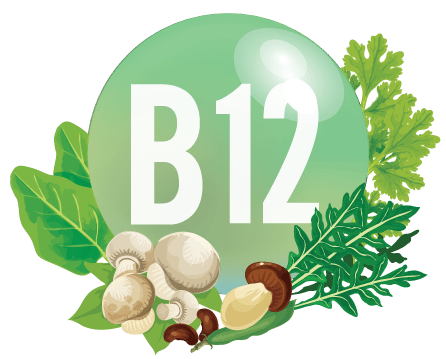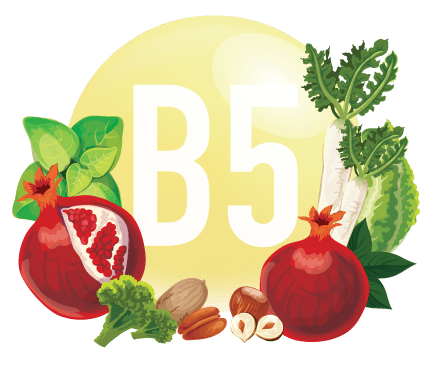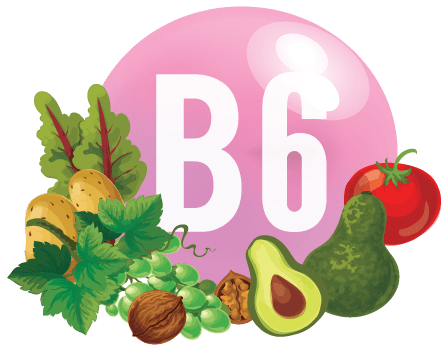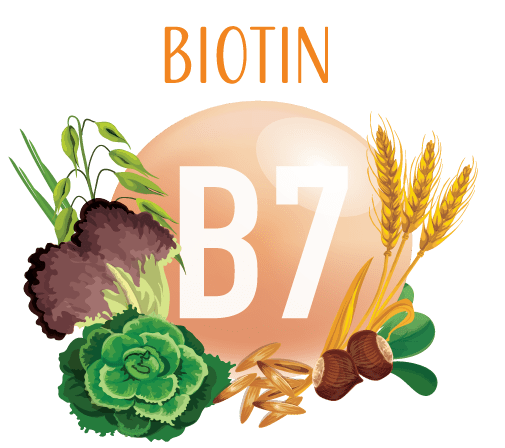Vitamin B2, also known as riboflavin, has numerous benefits for the body. It plays a vital role in converting food into energy, which is essential for maintaining optimal metabolism. It also helps in maintaining healthy eyes, skin, and nervous system by protecting them against free radical damage.
Vitamin B2 has also been known to reduce the risk of developing certain health conditions such as migraine headaches, cataracts, and cancer. It may also alleviate symptoms associated with PMS.
RIBOFLAVIN VITAMIN B2 WHAT DOES IT DO?
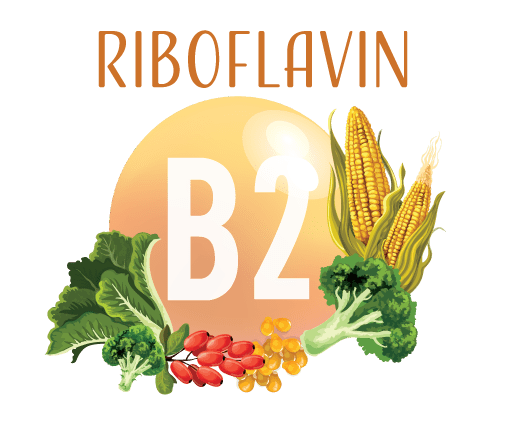
Utilization

HEALTH HAIR & SKIN
Vitamin B2 plays an integral role in maintaining healthy hair, nails, and skin growth and repair. It also helps to support the skin’s natural moisture barrier, which protects against dehydration and keeps the skin looking healthy and radiant. As well as helps to protect the skin and hair from damage caused by free radicals, which can contribute to the signs of aging.

ORGANS & CELLS
The liver, kidney, and heart are the organs with the highest concentration of vitamin B2. This indicates its vital roles in the proper functioning of these organs. Additionally, vitamin B2 has antioxidant properties that help protect the body from oxidative stress and cellular damage.
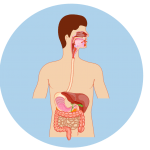
DIGESTION
Together, Vitamin B2 and Vitamin A work synergistically to maintain the health of the mucus membrane in the digestive tract, keeping it strong and healthy. Ensuring that your diet includes adequate amounts of these vitamins is an essential step in taking care of your digestive health and avoiding conditions that can affect it.
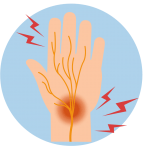
NERVE GENERATION
In the case of Carpal Tunnel Syndrome (CTS), riboflavin may be helpful in reducing symptoms such as pain and numbness. Research has shown that riboflavin may benefit CTS by preventing nerve damage and promoting nerve regeneration. It also has anti-inflammatory properties that may help reduce swelling and inflammation in the area affected by CTS. Additionally, riboflavin can help promote blood flow to the affected area, which can aid in the healing process.

DIGESTION
Essential for maintaining healthy eyes and reducing eye fatigue. It helps to convert food into energy, which provides support for the eyes’ high energy demands. Additionally, riboflavin is an antioxidant that protects against oxidative stress and helps maintain healthy blood vessels in the eyes. Studies have found that taking vitamin B2 supplements can alleviate eye fatigue and improve visual acuity and contrast sensitivity in people with eye strain. As well as riboflavin is a key nutrient for preventing and treating cataracts. It helps to reduce oxidative stress, which plays a role in cataract formation. Clinical studies have shown that riboflavin supplements, when combined with UV-blocking lenses, can help slow or prevent cataract progression. It is also important for maintaining the health of the cornea, the clear outer layer of the eye, which can become damaged during cataract surgery.
Deficiency

SKIN LESIONS
Skin lesions refer to any damage or abnormality in the skin. These can include cuts, blisters, rashes, and ulcers. People with vitamin B2 deficiency are more prone to developing skin lesions. These lesions are usually reddish-purple and can occur anywhere on the body, especially around the corners of the mouth and nose.
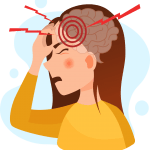
MIGRAINES
Vitamin B2 works by increasing the production of energy in the brain cells, helping to regulate brain chemistry and the nervous system. Low levels of Vitamin B2 have been linked to migraines, and by increasing the intake of this crucial vitamin, sufferers may be able to reduce the frequency and severity of their migraines.

FATIGUE
Low riboflavin levels can cause fatigue, weakness, and a general feeling of lethargy. This is because the body is unable to produce enough energy to keep up with the demands of daily life.

PREGANANCY
This nutrient is particularly crucial during pregnancy when the fetus is rapidly growing and developing. A deficiency in riboflavin during pregnancy can lead to various birth defects and complications. Some potential complications of riboflavin deficiency during pregnancy include premature birth, low birth weight, cleft palate, heart defects, and other malformations of the face, limbs, and nervous system. Furthermore, the mother may also experience complications such as anemia, preeclampsia, and other pregnancy-related health issues.
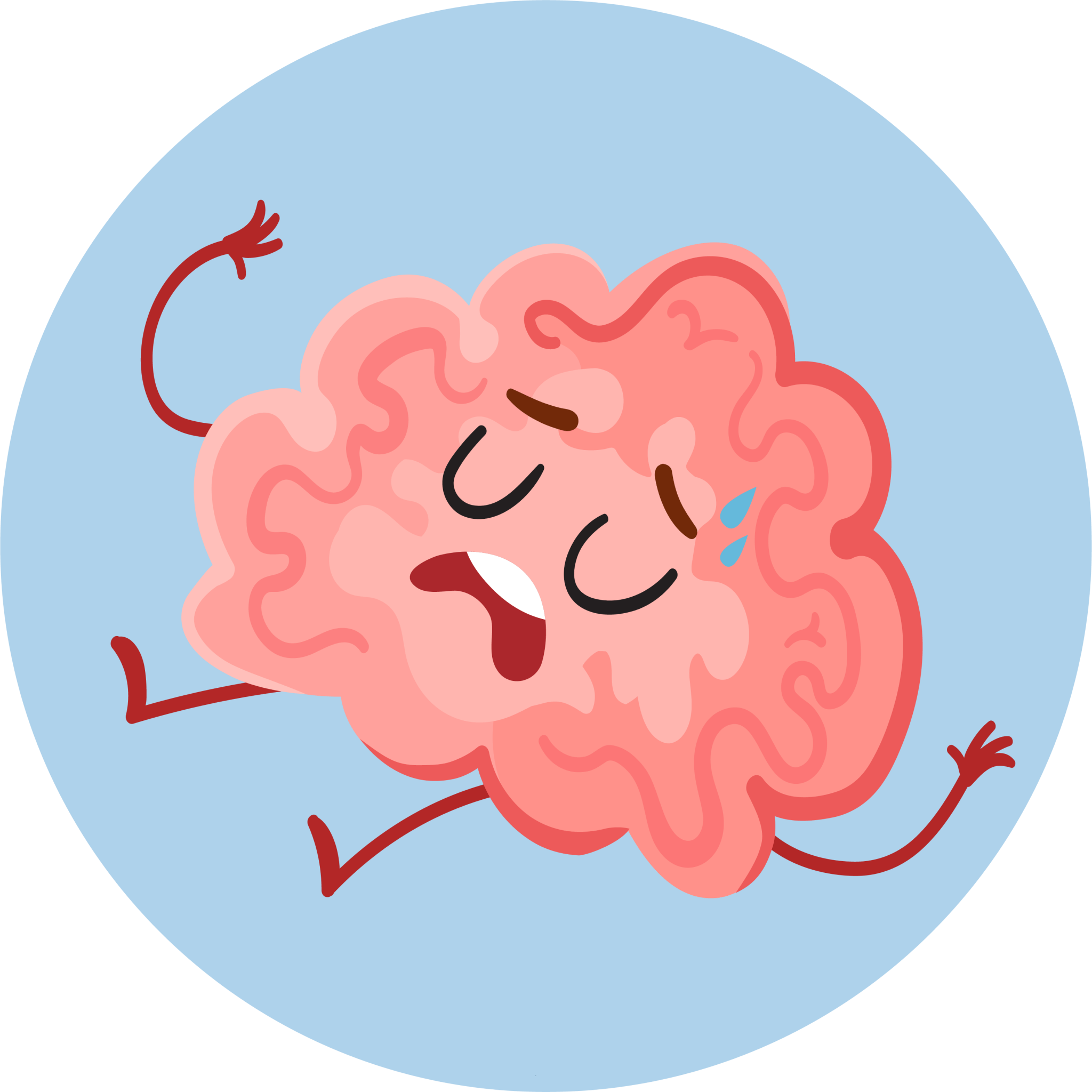
LOW MENTAL RESPONSE
In some cases, the effects of the deficiency can manifest as slowed mental response. This means that the individual may experience difficulty in processing information and making decisions, leading to a sluggish response time.

